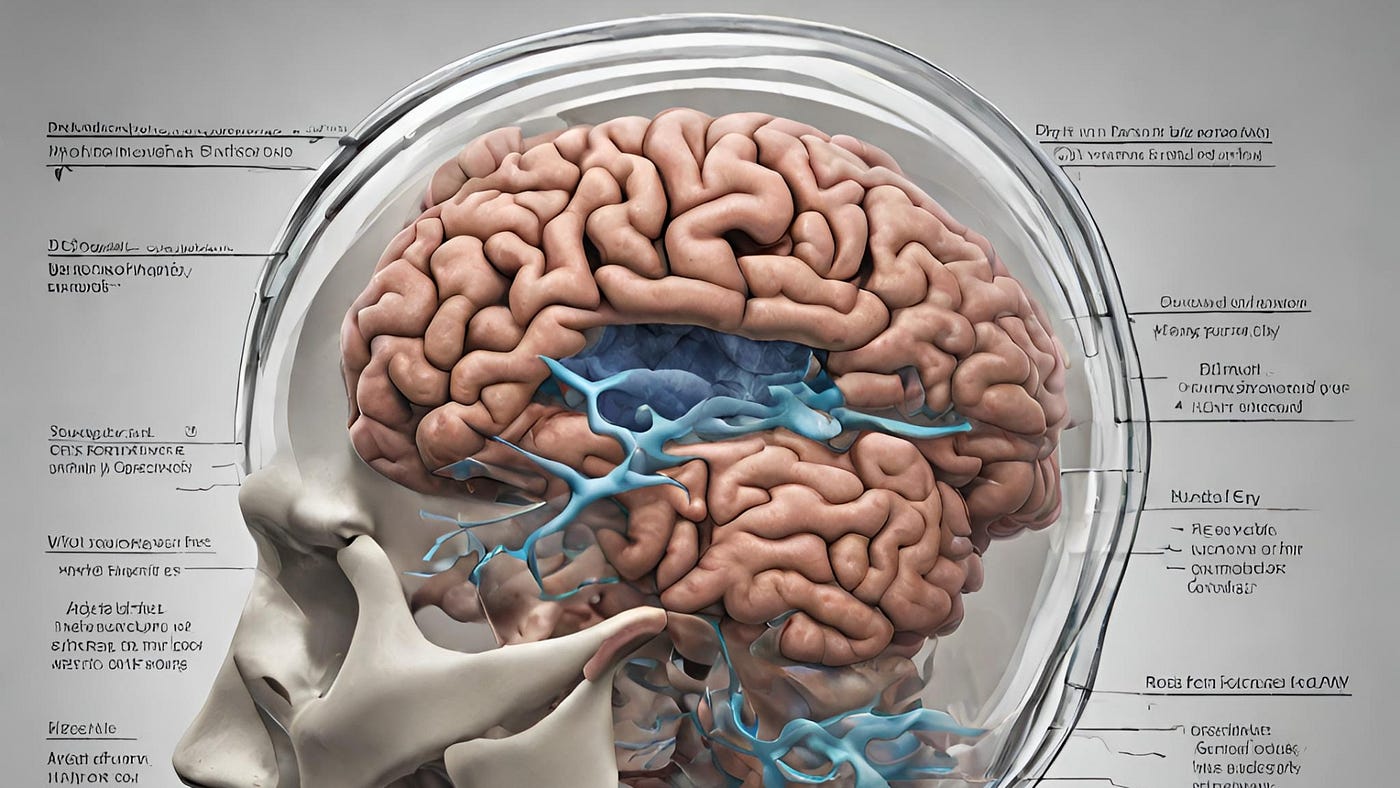Understanding Microglia in Alzheimer’s Disease
Research Insights
A recent study led by the University of Washington sheds light on the behavior of immune cells, called microglia, in the brains of individuals with Alzheimer’s disease compared to those without the condition.
Key Findings
The research, published in August, revealed that microglia in Alzheimer’s brains were frequently in a pre-inflammatory state, which could make them less effective in their protective role.
Microglia Function
Microglia are crucial immune cells responsible for maintaining brain health by clearing waste and supporting normal brain function.
Role in Alzheimer’s
In Alzheimer’s disease, some microglia may become overly reactive, leading to inflammation that contributes to brain cell death.
Study Method
Using brain autopsy samples from Alzheimer’s patients and healthy individuals, researchers analyzed the gene activity of microglia.
New Discoveries
They identified 10 distinct clusters of microglia in the brain tissue, with one cluster more prevalent in Alzheimer’s brains and showing genes associated with inflammation and cell death.
Implications
The findings suggest that microglia in Alzheimer’s brains are more prone to a pre-inflammatory state, potentially contributing to disease progression.
Future Directions
Tracking changes in microglia types over time could enhance our understanding of their role in Alzheimer’s and inform targeted treatment strategies.















































